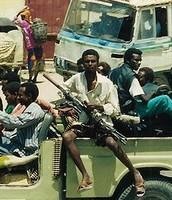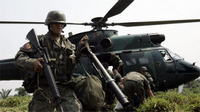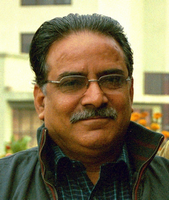
It has been a whirlwind two weeks for one of the world’s most chaotic countries. Since the last week of January, Somalia has seen the collapse of the U.S.- and U.N.-backed Transitional Federal Government and major advances by Islamic insurgents. But the TFG’s rout morphed into a modest triumph when the body elected a new, moderate president-in-exile, amid the promise of peace mediation by Islamic clerics. The catalyst for all of these moves was the seeming final withdrawal of Ethiopian troops following two years of bloody occupation. In recent months the Ethiopians had consolidated their positions in Mogadishu and the […]


